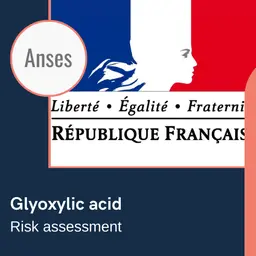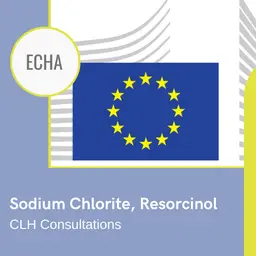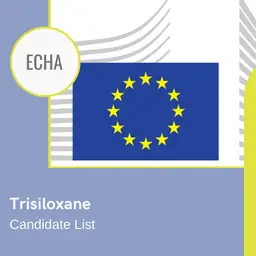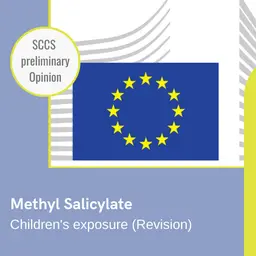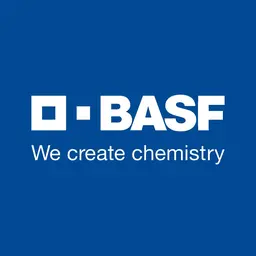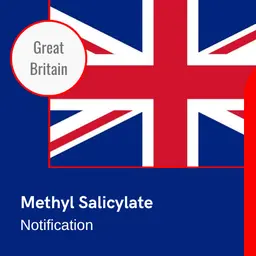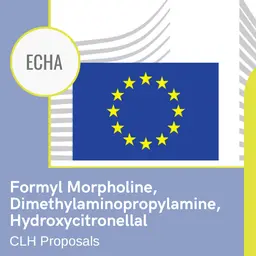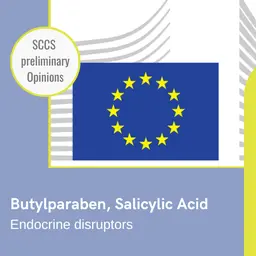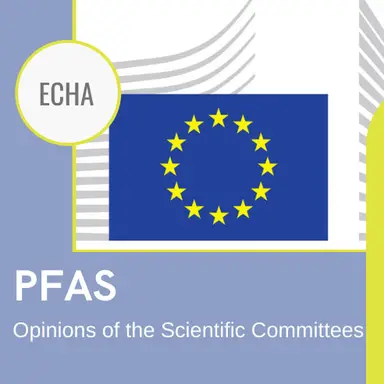
ECHA (European Chemicals Agency) announced that the Committees for Risk Assessment and Socio-Economic Analysis support Germany’s proposal to restrict the use of undecafluorohexanoic acid (PFHxA) and related substances. The potential restriction is expected to reduce further environmental and human exposure to these chemicals resulting mainly from uses in food contact materials, textiles and fire-fighting foams, but which may also be present in cosmetic products.
The Committee for Socio-Economic Analysis (SEAC) has adopted its final opinion on Germany’s proposal to restrict undecafluorohexanoic acid (PFHxA), its salts and related substances. This follows an earlier opinion by the Committee for Risk Assessment (RAC) in June 2021 to restrict these substances that are very persistent and mobile in the environment and can damage the human reproductive system.
RAC supported the proposed restriction for uses where it is not possible to minimise emissions through other means, especially for consumer uses in food contact materials and textiles as well as for fire-fighting foams used by municipal fire departments and at home.
SEAC considers that a restriction of PFHxA is, in general, an appropriate measure to address the identified risks and to ensure a consistent level of protection for people and the environment across the EU. However, while SEAC concluded that a restriction on certain uses was likely to be proportionate (e.g. textiles in consumer apparel, paper and cardboard in food contact materials and cosmetic products), uncertainties in the available information prevented SEAC from concluding that the proposed restriction as a whole was the most appropriate means to address the identified risk.
Peter Van der Zandt, ECHA’s Director for Risk Management …

